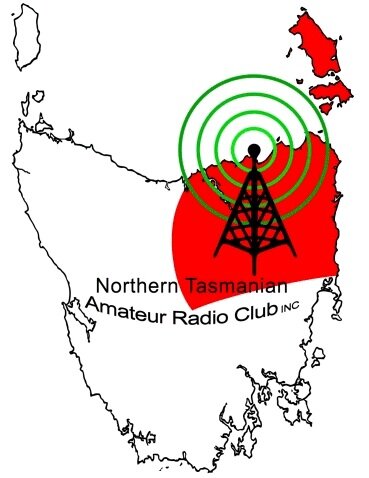AI Test
Generated by the web site’s artificial intelligence facility in response to “What are the pros and cons of VHF versus UHF radio”.
Pros and Cons of VHF vs. UHF Radio
When it comes to selecting the most appropriate radio frequency for your communication needs, it's essential to understand the advantages and disadvantages of VHF (Very High Frequency) and UHF (Ultra High Frequency) radios. Here's a list of pros and cons for each:
VHF Radio:
Pros:
1. Greater range: VHF signals can travel longer distances due to their lower frequency, making them ideal for open areas and outdoor environments.
2. Better penetration: VHF signals can penetrate obstacles such as vegetation, buildings, and rough terrain more effectively than higher frequency signals.
3. Fewer interference issues: VHF frequencies are less prone to interference from electrical equipment, making them more reliable in certain situations.
4. Wider availability of devices: VHF radios have been in use for a longer time and are more commonly available, making them more accessible and affordable.
Cons:
1. Limited capacity: VHF has a limited number of available radio channels, which can lead to congestion and a higher likelihood of interference in highly populated areas.
2. Larger antenna size: Due to the lower frequency, VHF radios require longer antennas, resulting in larger physical equipment.
3. Less suitable for urban environments: VHF signals are more easily obstructed by tall buildings, making them less effective in heavily urbanized areas with many structures.
4. Weather interference: VHF signals can be affected by adverse weather conditions such as heavy rain or stormy weather, reducing their overall performance and range.
UHF Radio:
Pros:
1. Compact and portable: UHF radios are generally smaller and more compact, making them easy to carry and handle in various environments.
2. Greater channel capacity: UHF provides a higher number of available channels, reducing the chances of interference in densely populated areas.
3. Better suited for urban areas: UHF signals can penetrate buildings and other urban obstacles more effectively, making them preferable for city-based communication.
4. Less affected by weather: Unlike VHF, UHF signals are less prone to interference from adverse weather conditions, ensuring consistent performance.
Cons:
1. Reduced range: UHF signals have a shorter range compared to VHF due to their higher frequency, making them less effective in open areas or over long distances.
2. More susceptible to interference: UHF frequencies are more susceptible to interference from electrical equipment,

